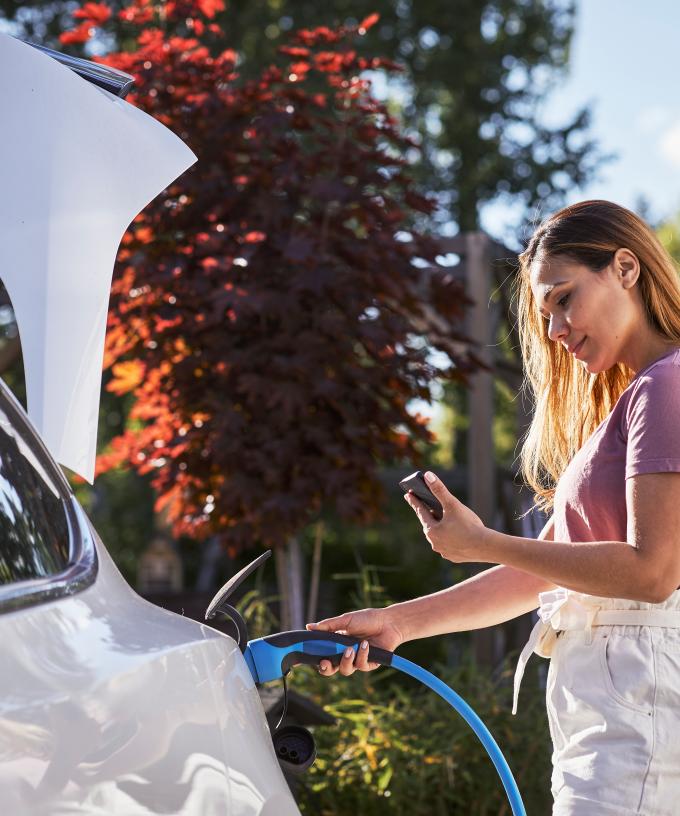A ban on petrol and diesel vehicles, no new gas connections, and the electrification of taxpayer-owned schools, hospitals, housing and office blocks are part of a proposal to decarbonise Greater Sydney.
Sydneysiders aren’t pulling their weight on NSW’s net zero emissions ambitions and must change the way they travel, cook, and heat and cool buildings, according to a report by urban policy think tank Committee for Sydney.
To halve emissions by 2030, the only realistic levers are rapidly increasing the use of electric vehicles (EVs) and closing additional coal plants, the report released on Monday said.
No new gas connections from 2035 and no new gas appliances by 2030 are also part of the proposed plan.
“Both come with big social, logistical and political challenges, but the reduced energy bills that come with electrifying transport and buildings will be worth it,” committee spokesman Sam Kernaghan said.
Working with energy distributors Ausgrid and Endeavour Energy, property major Dexus, consultancy McKinsey the Greater Cities Commission and state planning officials, the report shows how making the switch could reduce cost of living pressures.
The modelling suggests that by 2050, solar-powered households could be saving $1000 a year on energy bills on average, and running an EV could save another $1250 per year.
A future ban on selling new petrol and diesel-powered vehicles and tougher fuel efficiency and emission standards aims to see EVs at 100 per cent of all new vehicles sold within five years.
A home battery could reduce those bills by a further $850 per year, and converting gas appliances to electric could save another $150 per year on average.
Endeavour Energy CEO Guy Chalkley is forecasting more than 65,000 electric vehicles will be in its network by 2027, and 1.3 million by 2040.
He said the current number of 12,000 home batteries Endeavour supports is expected to increase more than tenfold to over 140,000 by 2030, and businesses are looking at industrial solar to cut costs and meet sustainability targets.
Dexus executive Rob Sims says electrifying buildings, upgrading to more efficient air-conditioning, introducing EV charging stations and installing solar panels will reduce emissions.
But households and businesses will need help to make millions of decisions, and renters need to join the list of winners for it to work, the Decarbonising Sydney report says.
The report recommends expanding rental and apartment access to rooftop solar and battery storage, including community-scale batteries.
Speeding up the switch to solar hot water with subsidies for new equipment along with new tariffs and smart meters that reward households for their individual decisions is also backed.
The electrification of government-owned buildings – schools, hospitals and offices – is also part of the plan.
Greater Sydney is urged to start planning for a faster conversion of trucks to battery cells and liquid hydrogen.
“NSW’s climate policies are leading the nation, but this research is a wakeup call that Sydney’s not on track for net zero – we’ve got plenty of work to do,” Mr Kernaghan said.







